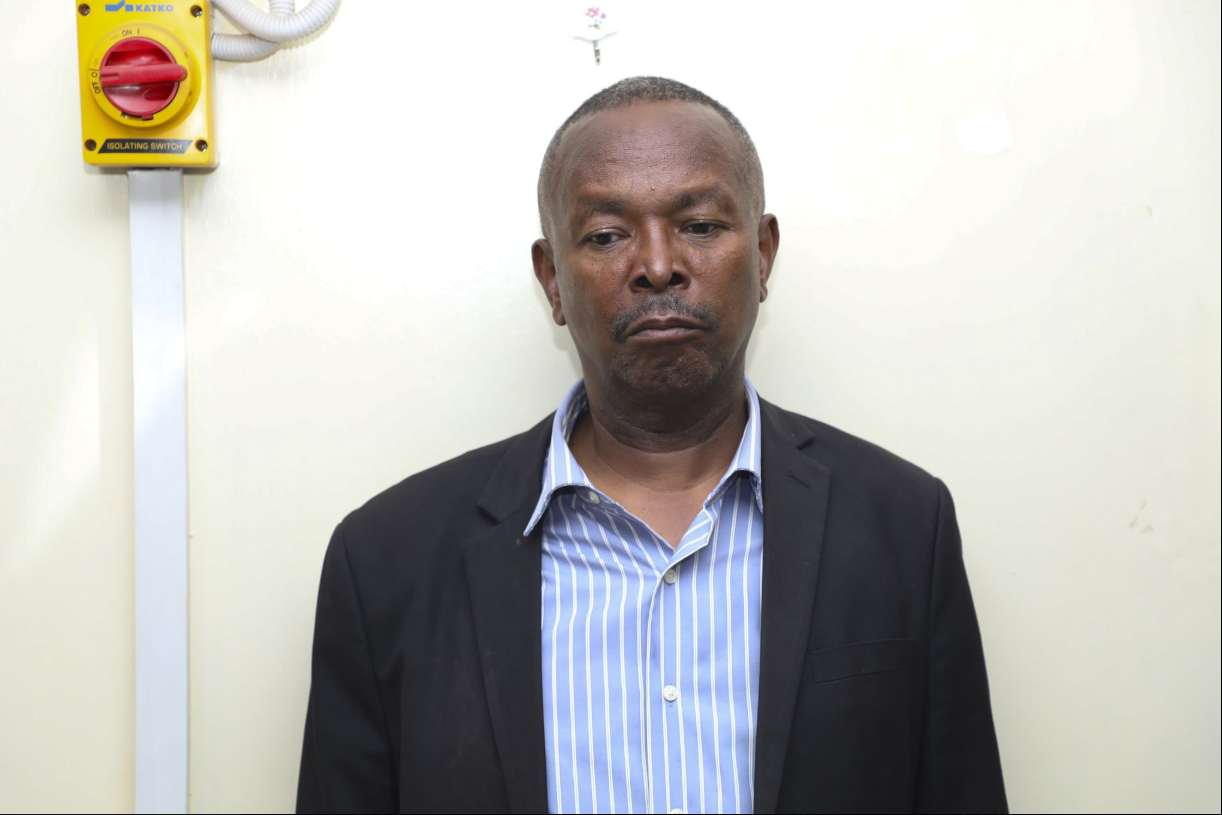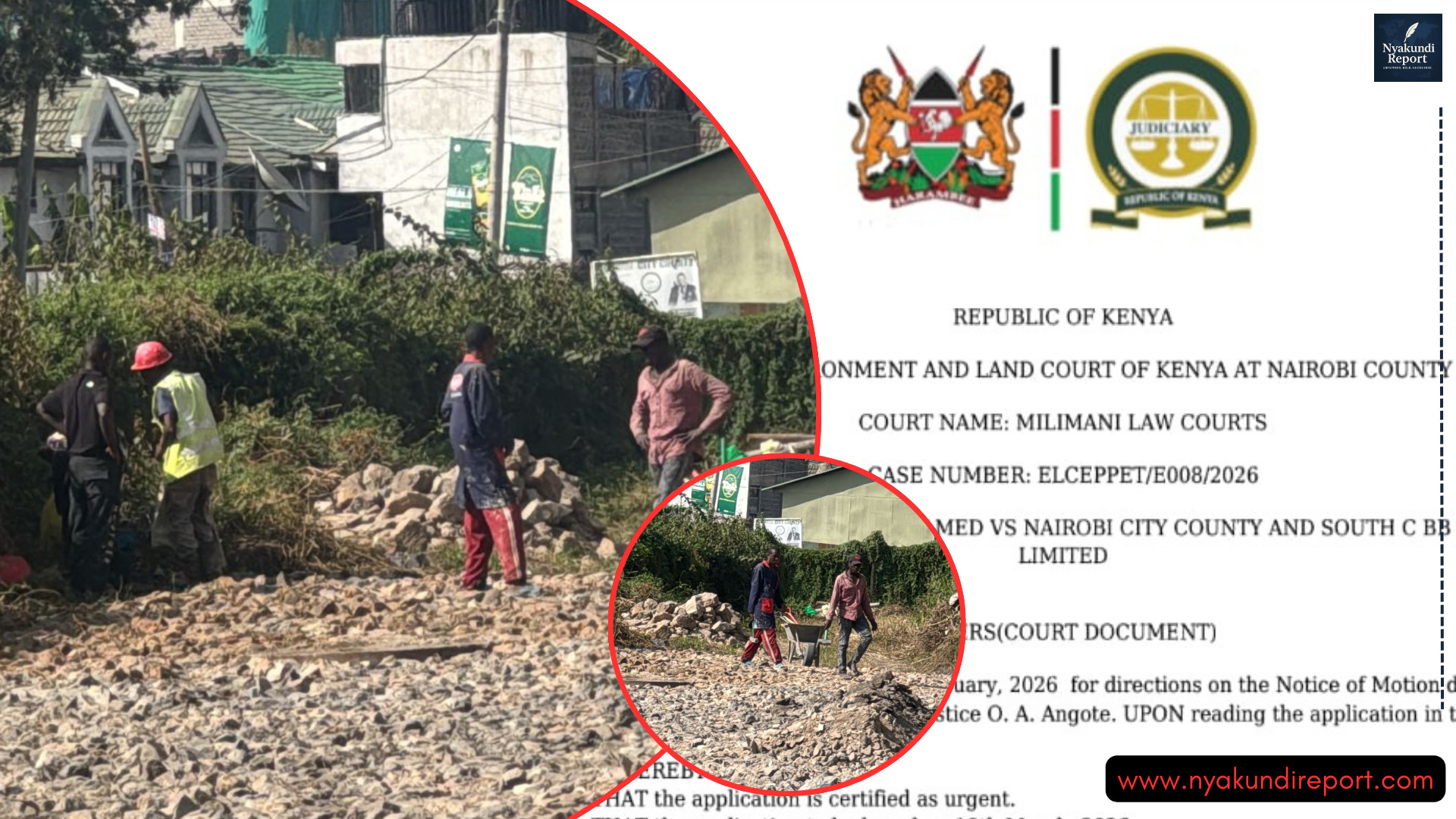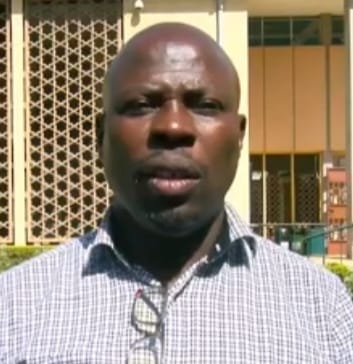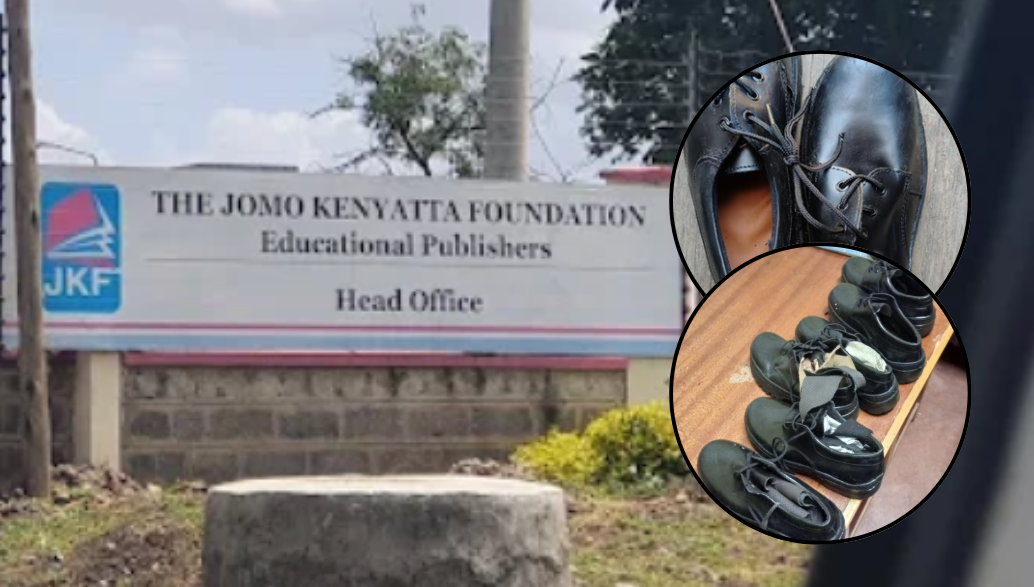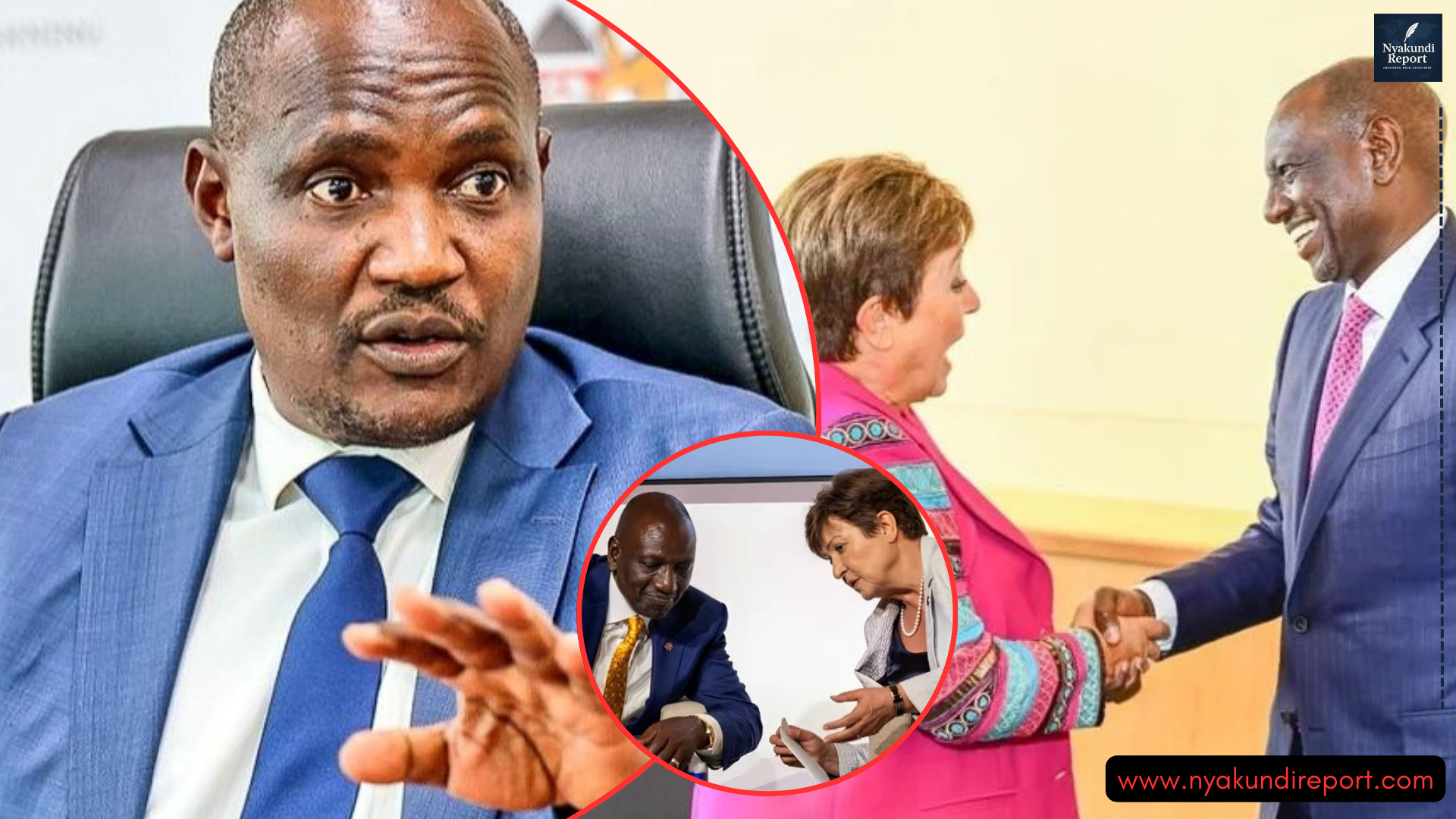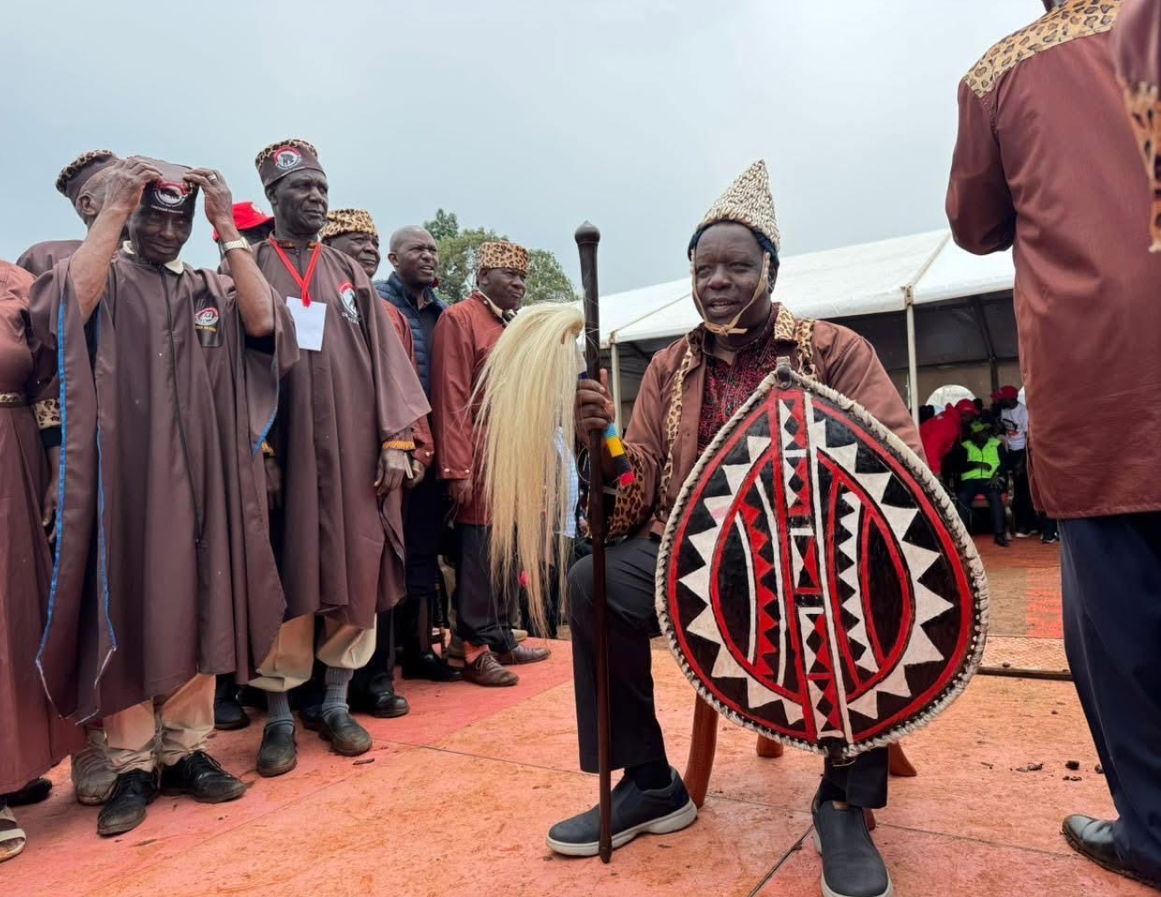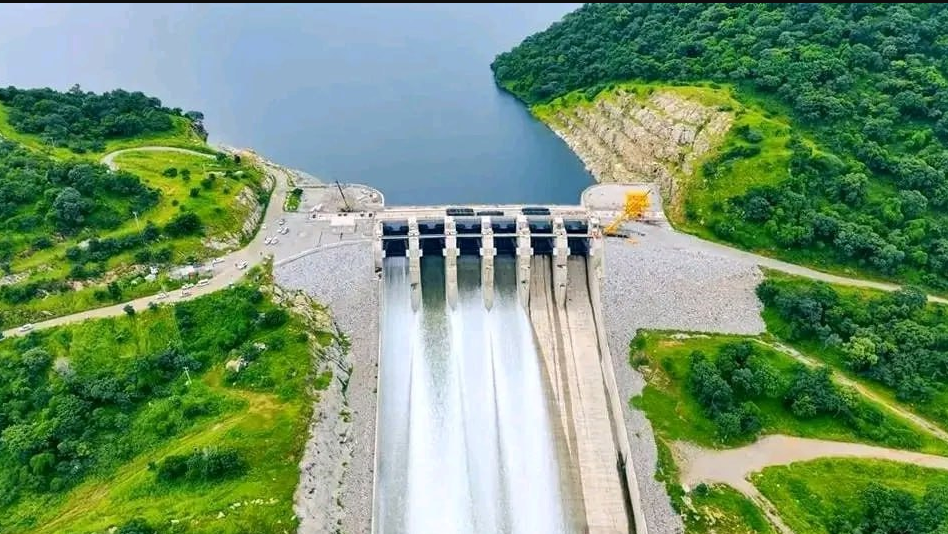The heat is rising over the controversial sale of Kenya Pipeline Company (KPC), with Narok Senator Ledama Olekina leading a chorus of criticism against President William Ruto’s administration.
Olekina, a staunch ally of opposition leader Raila Odinga, has strongly opposed the government’s recent move to privatize the state-owned energy logistics giant.
In a passionate statement on social media, Olekina warned that handing over such a strategic national asset to private players threatens Kenya’s security, exposes critical infrastructure to cyber attacks, and undermines accountability.

Outcry Over the Controversial Sale of Kenya Pipeline
The government’s decision to approve the privatisation of Kenya Pipeline Company has ignited political and public outrage. The cabinet, in a meeting held on July 29, greenlighted plans to list KPC shares on the Nairobi Securities Exchange.
This would allow private investors and ordinary Kenyans to purchase shares and gain part ownership of one of Kenya’s most strategic state corporations. But not everyone is on board. Narok Senator Ledama Olekina, a key figure in the Orange Democratic Movement (ODM), questioned the timing, motive, and potential consequences of the decision.
“Privatising a national pipeline that’s key to security? Think twice,” he wrote. “Critical infrastructure needs strong oversight, not profit-driven control. Cyber threats, sabotage risks, and weakened accountability are real dangers. The government must safeguard what protects us.”
According to Olekina, the move is shortsighted and reckless. He believes that the government should be investing in KPC’s infrastructure and capacity, not auctioning off control of a vital energy lifeline. “Instead of cutting ties, why not elevate its capacity like other countries do with their key assets?” he asked.
In the same vein, the Motorists Association of Kenya (MAK) issued a sharp statement opposing the move. “MAK registers its strongest opposition to the decision announced yesterday by the Cabinet to privatise the KPC,” they said, adding that it “not only undermines public trust but also threatens Kenya’s most vital national asset.”
Critics Warn of Security and Transparency Concerns
Kenya Pipeline plays a critical role in the transport and storage of petroleum products across the country and into neighboring nations. This makes it a cornerstone of national infrastructure and energy security.
Ledama’s warning about cybersecurity threats is not an exaggeration. As digital systems become more integrated into energy and transport networks, the risk of cyber attacks targeting fuel supply chains is growing. With private investors in charge, critics worry that profit motives could override national security interests.
Moreover, transparency and public accountability are major concerns. KPC, currently under government oversight, is subject to parliamentary scrutiny and public audits. A shift to private ownership could dilute these checks and leave the public in the dark about the company’s operations and decisions.
Ledama has called on Parliament to intervene and block the sale, saying the future of national security and economic independence is at stake.
Government Cites Economic Efficiency and Growth
Despite the backlash, President Ruto’s administration has defended the move. The cabinet argued that the privatisation aligns with its new policy of reducing state involvement in commercial enterprises. In the official dispatch, the government said the decision will “reduce the country’s budgetary allocation to state corporations” and create room for “private capital and professional expertise.”
The cabinet further pointed to the partial privatisation of KenGen as a model, claiming it transformed the energy producer into a more efficient and profitable business.
“Bringing in private capital and professional expertise is expected to inject new energy into the company, modernise operations, and position KPC as a regional logistics and energy powerhouse,” the statement said.
However, the opposition isn’t buying it. Olekina dismissed the comparison to KenGen, warning that not all state corporations are alike. “You cannot treat a strategic pipeline the same way you treat a power generation company,” he said. “Kenya Pipeline deals with fuel, with national logistics, with border trade—its sensitivity is unmatched.”
Public Pressure Mounts to Halt the Deal
As news of the sale spreads, public outcry is gaining momentum. On social media, Kenyans have echoed Olekina’s sentiments, demanding transparency and calling for public participation in the decision-making process.
Civil society groups, opposition politicians, and energy sector experts are now pressing for full disclosure of the sale terms and the identity of potential buyers. There are growing fears that powerful individuals with political connections could snap up large stakes in KPC, further deepening the grip of elite interests on public resources.
Senator Ledama Olekina has urged fellow lawmakers, both in Senate and the National Assembly, to step up and resist the deal. “This is not just about business. It’s about sovereignty, safety, and national interest,” he said.
If the opposition manages to rally enough support, the Ruto government may be forced to pause or revise its strategy. For now, the future of KPC hangs in the balance, with the controversy far from over.

